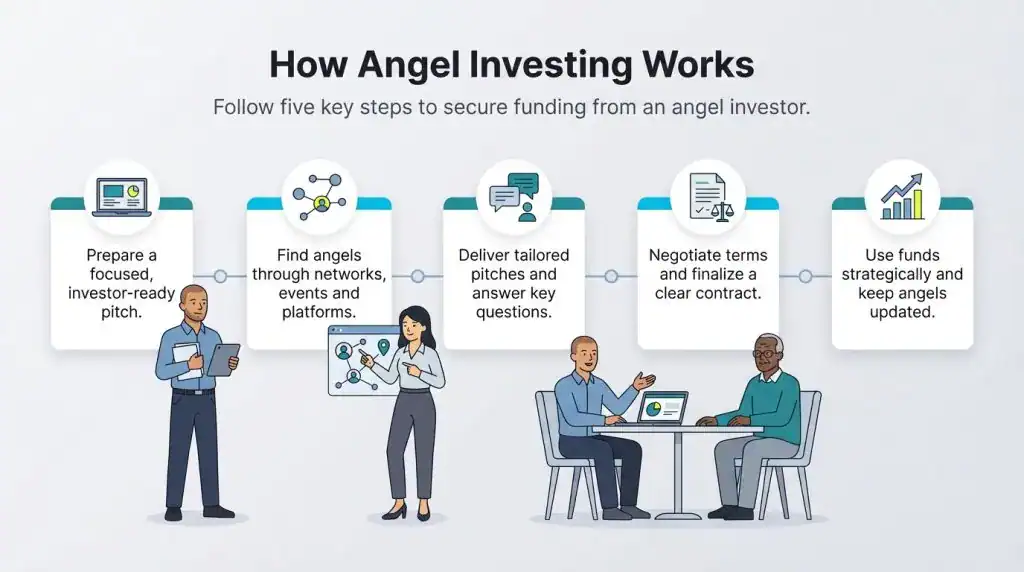FLINT—XlerateHealth, a national healthcare startup accelerator based in Louisville, Ky., announced the selection of six startup companies to its second annual cohort in Flint.
The companies will participate in a 12-week intensive bootcamp, working with a team of coaches and mentors to support the successful commercialization of their business. The XLH program operates in the Ferris Wheel building in downtown Flint and is funded by the Charles Stewart Mott Foundation and 100K Ideas.
XLH opened its Michigan location in January 2019 and supported six startups in its inaugural bootcamp program last year. XLH has contributed to the Flint entrepreneurial ecosystem by expanding its network throughout Michigan and the United States, helping put Flint on the map as a city that supports healthcare entrepreneurship.
“XLH is committed to the revitalization and growth of Flint and to the goal of attracting investment capital to innovative, emerging healthcare companies in this region,” said Jackie Willmot, CEO and co-founder of XLH. “Two new affiliated programs were introduced this year in an effort to identify and provide early-stage coaching to Flint researchers, clinicians, inventors and entrepreneurs who are interested in starting a business but need support to move their ideas forward.”
The 2020 XLH Flint cohort kicks off its bootcamp program on Wednesday, July 8, and will culminate in a virtual Demo Day pitch to investors, healthcare ecosystem partners, and the startup community on Sept. 16. The 2020 bootcamp will be fully virtual to adapt to COVID-19 precautions. Several Michigan Venture Capital Firms will be participating in some aspect of the program, including SkyPoint Ventures, the Michigan Biomedical Venture Fund, Northern Michigan Angels and ID Ventures. XLH also includes support from local and regional healthcare organizations and hospital systems, including The University of Michigan-Flint, Hurley Medical Center, and MidMichigan Health.
XLerateHealth’s 2020 Flint Cohort
2innovate (Metamora) specializes in the creation of innovative medical devices, including PeriTect and Windsor Gait Assist. The company’s latest product, Windsor Gait Assist is the first-ever cost-effective traveling “seat belt” for the elderly and disabled that significantly reduces the risk of serious injuries from falls on stairs and level surfaces in hospital and home settings.
Bell Tech Communications LLC (Flint) aims to enhance communication between hearing and deaf communities by translating native hearing and visual sign language models into real-time conversations, including voice and text message, through assistive technology tools. BELL TECH solutions will optimize day-to-day activities for the deaf community without the difficulties and cost of hiring an interpreter.
Crosby Innovations (Detroit) has developed a hand-held portable device that uses ultraviolet light to sanitize and disinfect skin to eradicate viruses (including COVID-19) and bacteria. Developed by an ER physician, the technology is safe, effective, and easy to use.
HealthOpX (East Lansing) is a healthcare software company that helps English as a Second Language patients, refugees, and underserved communities access complete healthcare. The company’s Natural Language Processing technology supports neglected patient populations by removing language barriers and thereby overcoming social and economic factors that inhibit understanding complicated hospital discharge instructions and other clinical guidance critical to positive patient outcomes.
Insubiq (Newtown, Pa.) offers an AI-powered wearable technology that detects digital biomarkers (such as cough) to aid in the early detection of disease such as COVID-19 and Parkinson’s disease.
SafetyCo (Detroit) offers a hospital-developed technology that decreases the risk of patient injury while therapists perform physical therapy at the bedside. Their device, SafetySit, decreases the need for multiple caregivers at the bedside and increases the safety for both the patient and therapist.
Founded in 2013, XLerateHealth has helped life sciences companies raise $93 million and create hundreds of jobs. Of the 76 startups to participate in the program, 86 percent are still in business. More at www.xleratehealth.com.






